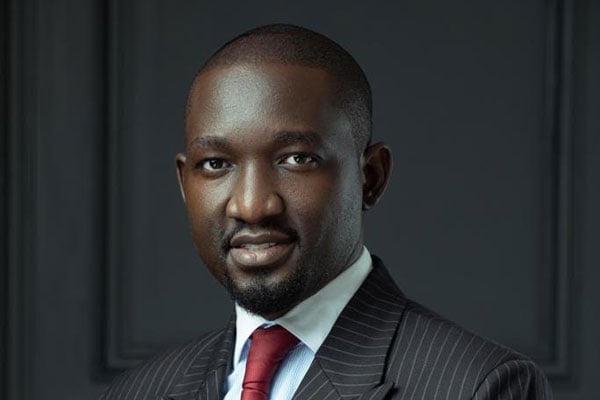Sports and the AfCFTA; can Africa really integrate without outrightly including Sports in its continental pact?

IVAN OJAKOL
What you need to know:
Over the years, the EU has exercised its testicular fortitude through its organs specifically, the European Court of Justice, and informed International Sports Law through a number of decisions. One famous such decision is the Boseman case which established the connection between Community Law and Sports Law by emphasizing that sportsmen like other Citizens of the EU are entitled to freedom of movement. There are therefore proper linkages between regional integration and sports
Africa is now trading under the African Continental Free Trade Area Agreement (AfCFTA), a regional trade pact that was enacted to improve intra-African trade which is still at despicable levels and the lowest in the world. Alongside the mother agreement are additional Protocols on Trade in Goods, Trade in Services, and Dispute Resolution, with draft Protocols on Intellectual Property, Competition, and Investment and a couple of others still being negotiated like one of Digital Trade.
The AfCFTA Agreement and its attendant protocols do not outrightly mention sports anywhere or even attempt to bring it under its ambit.
A bold approach by African states towards sports would have been significant in improving intra-African trade and perhaps go a long way in stopping and/or reducing Africa’s talent flight to Europe and other countries where sport is more lucrative. Some scholars have even opined that sport contributes to 3% of global trade.
What has often appeared in regional economic agreements among African states regarding sports is loose language “states shall co-operate” as it is in the East African Community Treaty making their relationships concerning sports from a regional level not mandatory. This is further exacerbated by the fact that individual African states have their own approaches to the governance and regulation of sports.
The European Union (EU) which is perhaps the gold standard of regional integration in the world recognized the importance of sports in the socio-economic context of its people and enacted a provision, Article 165 whose interpretation has divided opinion. This article enjoins EU member states to ‘contribute to the promotion of European sporting issues, while taking account of the specific nature of sport, its structures based on voluntary activity and its social and educational function’. It is a carefully crafted legal provision that despite giving the member states a say in the running of sport, also recognizes that sports has its unique aspects premised on “the specificity of sports” a term that denotes and connotes the inherent characteristics of sports that make it stand out from other spheres of life. Indeed, bodies like the Union of European Football Associations (Uefa) have latched onto the creative drafting of that Article and insisted that Europe in its outlook on sports must recognize its specificity and its autonomous nature.
Over the years, the EU has exercised its testicular fortitude through its organs specifically, the European Court of Justice, and informed International Sports Law through a number of decisions. One famous such decision is the Boseman case which established the connection between Community Law and Sports Law by emphasizing that sportsmen like other Citizens of the EU are entitled to freedom of movement. There are therefore proper linkages between regional integration and sports
Comparing Europe to Africa has always been a case of the proverbial pitting of oranges against apples. Sports and its principles/characteristics in autonomy, specificity of sport, and self-regulation also complicate any aspirations towards a Continent-wide regulatory framework. Sports disciplines are run under a private legal mechanism that exists parallel to national laws. Football for example is governed by Fifa, the world over which has its own Statutes et al. The notion of governments be it at a national or continental level regulating or governing sports has been interpreted as “government interference”- a somewhat fuzzy concept that is applied selectively in my view as we can see from the European examples mentioned in this piece.
It is perhaps against that background, that the drafters of the AfCFTA did not want to swim in the murky waters that come with placing African sports under the AfCFTA.
We can draw lessons from the EU and brings Sports Law within the realm of our integration as Africans by creatively using our regional courts like the East African Court of Justice and charting our own path by creating an “African Sports Law”. The possibility of an AfCFTA Protocol on Youth is being discussed and hopefully it will pronounce itself on the position of sports as far as Africa’s integration agenda is concerned because as far as I am concerned, we can not claim to unite the Continent yet we have left out the real unifier of Africans in sport.
Ojakol is a Sports Lawyer, Partner at Matrix Advocates, and Law Lecturer at IUEA
Contacts:0791683986/0787261019




